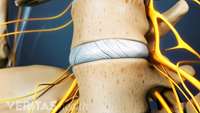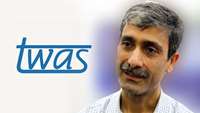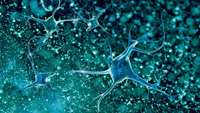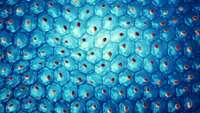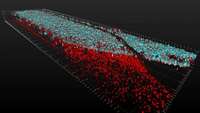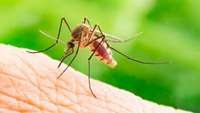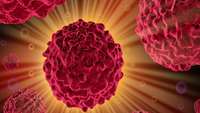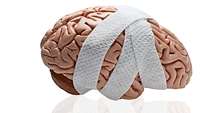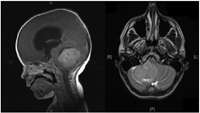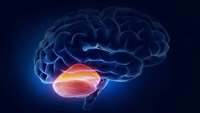DiscGenics Announces that Cell Therapy IDCT has Passed the Initial Safety Review of its First-in-Human Clinical Trial for Degenerative Disc Disease
A clinical stage biotechnology company focused on developing regenerative cell-based therapies that alleviate pain and restore function in patients with degenerative diseases of the spine, today announced that IDCT has passed the initial planned safety review of its Phase I/II trial evaluating the allogeneic, injectable disc cell therapy in patients with mild to moderate degenerative disc disease (DDD).
Winning the 2019 World Academy of Sciences (TWAS) Prize by an Iranian scientist
Hossein Baharvand, founder and head of the biology and stem cell technologies research center (Royan), won the 2019 World Academy of Sciences (TWAS) Prize in the field of biology.
Human blood cells can be directly reprogrammed into neural stem cells
Scientists have succeeded for the first time in directly reprogramming human blood cells into a previously unknown type of neural stem cell. These induced stem cells are similar to those that occur during the early embryonic development of the central nervous system.
Researchers overcome obstacle for future stem cell therapies
Researchers have discovered a new technique that overcomes one of the major challenges of stem cell therapy.
Testing new drugs with ALS-on-a-chip
There is no cure for amyotrophic lateral sclerosis (ALS), a disease that gradually kills off the motor neurons that control muscles and is diagnosed in nearly 6,000 people per year in the United States.
Zika virus study reveals possible causes of brain pathology
In healthy individuals, the Zika virus causes flu-like symptoms. If a pregnant woman becomes infected, the unborn child can suffer from severe brain abnormalities as a result of mechanisms that have not yet been explained.
Investigators study how a protein factor contributes to cancer cell migration
UCLA researchers have discovered a new protein factor that contributes to a fibroblast cells ability to migrate to a wound and participate in its healing process. The studys results could help scientists prevent cancer cells from using the same mechanisms to move throughout the body and spread.
Phase 2 STEMTRA trial using SB623 cells for treating traumatic brain injury meets primary endpoint
The SanBio Group (SanBio Co., Ltd. and subsidiary SanBio Inc.; together, the "Company") announces today that the Phase 2 STEMTRA trial using SB623 cells for the treatment of patients with traumatic brain injury (TBI), met its primary endpoint.
Stem cells show promise as drug delivery tool for childhood brain cancer
The latest in a series of laboratory breakthroughs could lead to a more effective way to treat the most common brain cancer in children.
Cells in little brain have distinctive metabolic needs
Cells metabolic needs are not uniform across the brain, researchers have learned.


